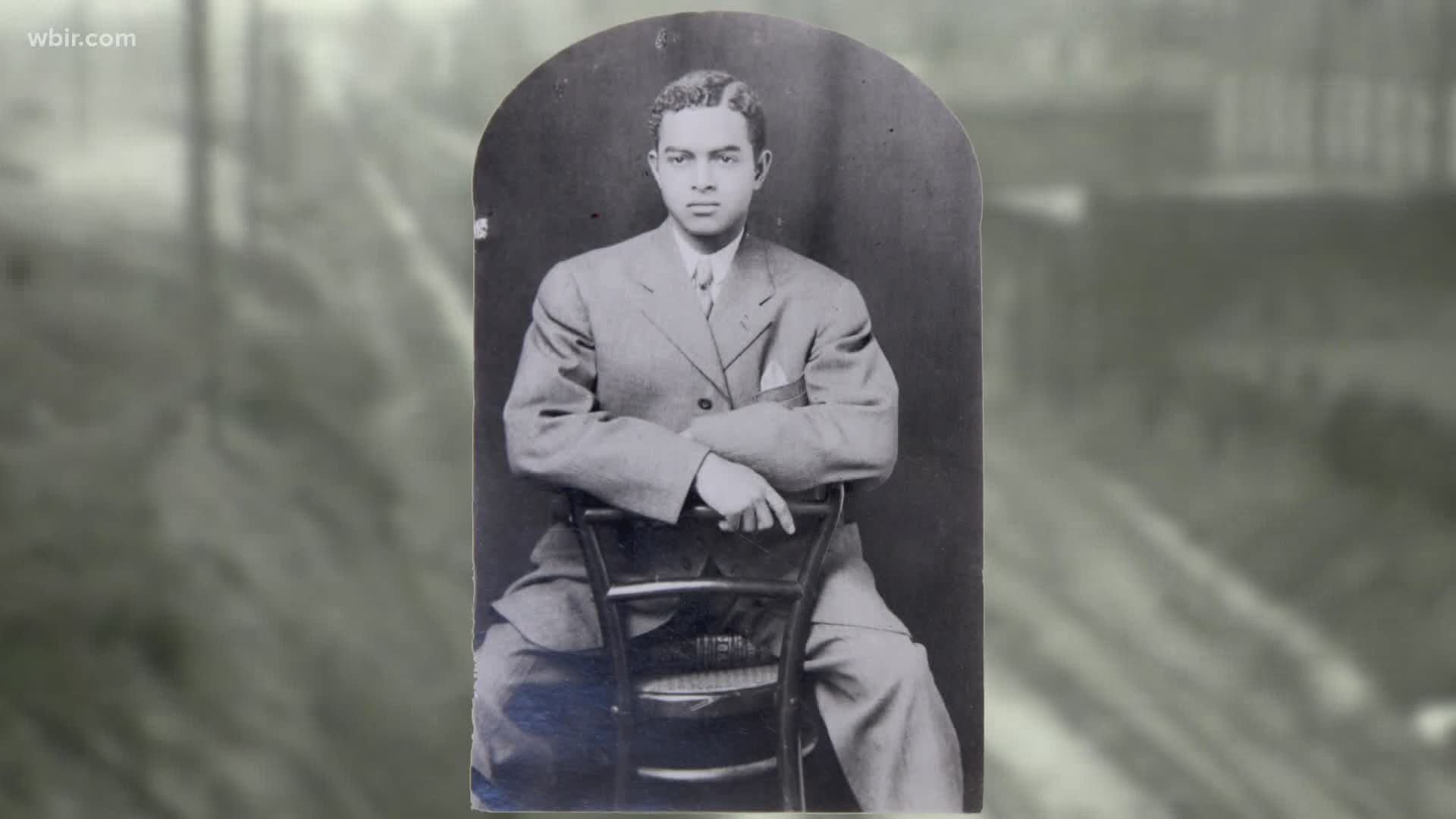KNOXVILLE, Tenn. — It's a story that dates back over a century and an injustice that is hard to forget.
"There was a young man who's life was taken," Beck Cultural Exchange Center President Renee Kesler said.
Maurice Mays was executed in 1922 at the Nashville State Penitentiary
for killing a white woman in 1919, a crime many say the evidence suggests he could have never committed.
"We can't forget that, so what can we learn from that," Kesler said.
Now, 101 years later Knoxville City Council recognized that injustice by unanimously passing a resolution asking Governor Bill Lee to exonerate Mays.
Kesler has been working on this for years now along with other community members who have been dedicated to the work, too.
"We recognize that his black life still matters today," Kesler said.
Vice Mayor Gwen McKenzie said passing the resolution was not the only historic thing to happen that night.
"It was unanimous. Not only the vote, but everyone wanted their names to be enlisted in history on that resolution," McKenzie said.
Every single member of the city council co-sponsored the resolution.
"For me that was humbling," she said.
For her, the fight to exonerate Mays is heartfelt, historic and healing.
"It's an opportunity for us to say something big happened here we and can't forget that," she said.
Kesler added it is a fight several mayors, Beck leaders and attorneys tried to make happen in the past. But today's approach will come from a legal standpoint.
"We're not just saying it was the right thing to do but from a legal sense," she said. "We're saying it was the just thing to do."
In fact, Kesler said she has met with an attorney.
"So attorney Fels agreed to work with me on this," She said. "He reviewed every court transcript on this, every trial and he wrote a seven-page summary on this and there is no doubt it was an unjust arrest, an unjust conviction and an unjust murder."
The goal is to not only bring peace to his name but to put a name where he was laid to rest.
"There's no marking on his grave out of fear of retribution that someone would do something to it, it was never marked," Kesler said.
So the work continues to right a wrong and to celebrate a life.
"Maurice Mays' exoneration is an opportunity for us to learn from history and to get it right," Kesler said.
You can learn more about Mays' story and how you can sign up to help the cause here.

